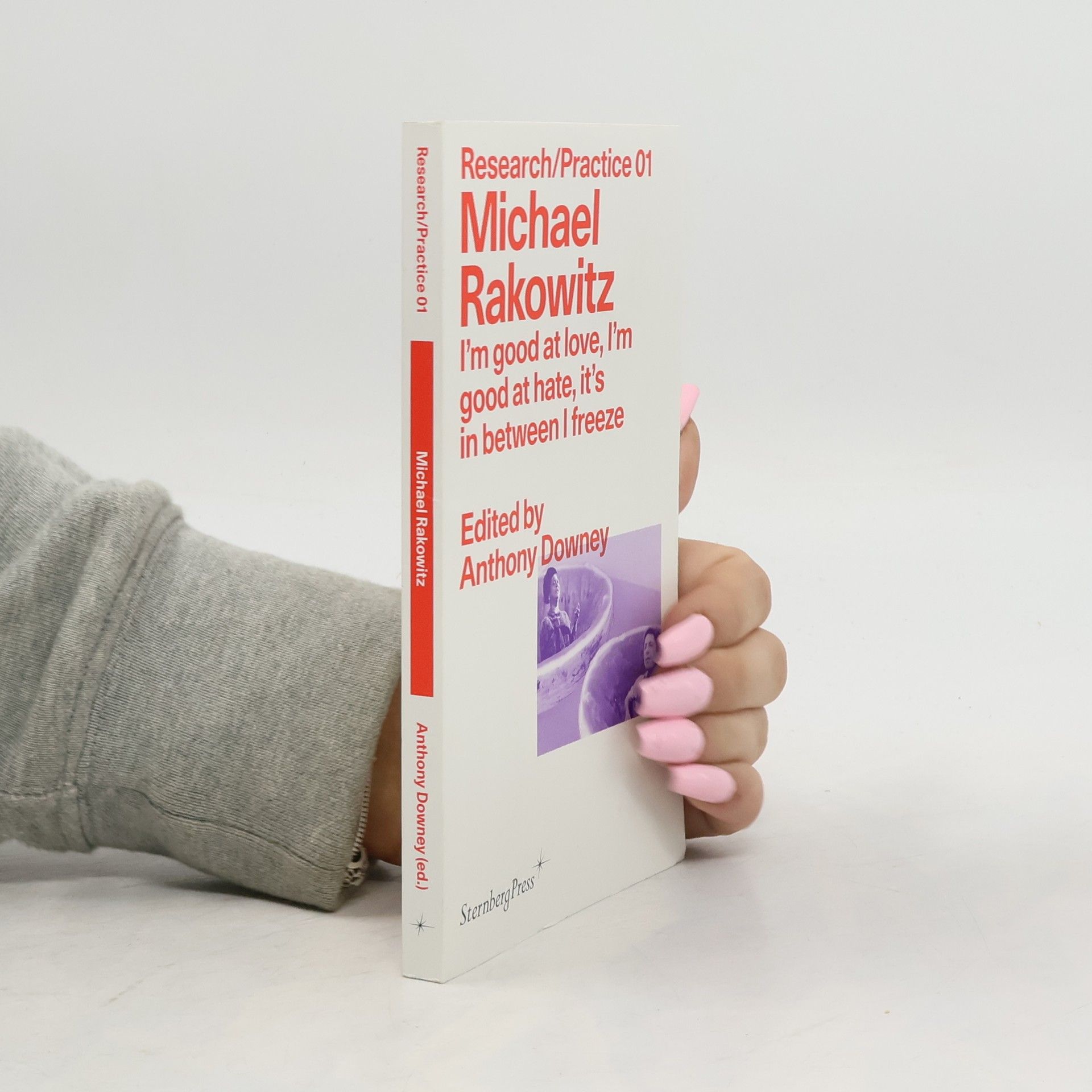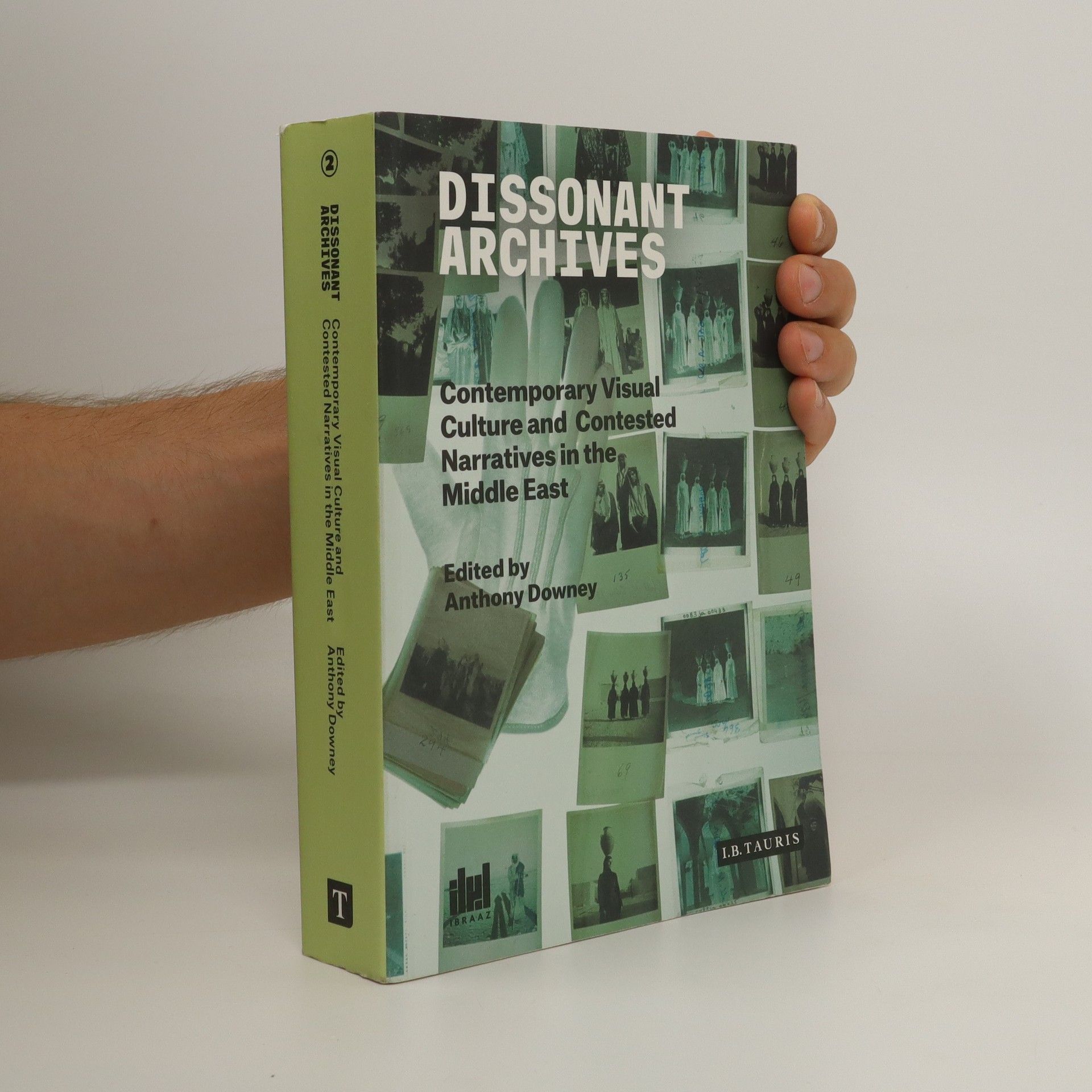The 'archive' is often viewed as a collection of historical documents that records and orders information about people, places and events. This view nevertheless obscures a crucial point: the archive, whilst subject to the vagaries of time and history, can also determine the future. This point has gained urgency in modern-day North Africa and the Middle East where the archive has come to the fore as a site of social, historical, theoretical, and political contestation. Dissonant Archives is the first book to consider the ways in which contemporary artists from the Middle East and North Africa - including Emily Jacir, Walid Raad, Jananne Al Ani, Basel Abbas and Ruanne Abou-Rahme, Mariam Ghani, Zineb Sedira, and Akram Zaatari - are utilizing and disrupting the function of the archive and, in so doing, highlighting a systemic, perhaps irrevocable, crisis in institutional and state-ordained archiving across the region. In exploring and producing archives, be they alternative, interrogative or fictional, these artists are not simply questioning the authenticity, authority or authorship of the archive; rather, they are unlocking its regenerative, radical potential. The result provides essential insights into the nexus between art and politics in the contemporary Middle East.
Anthony Downey Boeken



An artist charts the historical context and aftermath of a concert—by Leonard Cohen at the Ramallah Cultural Palace in Palestine—that never happened. Michael Rakowitz's project I'm good at love, I'm good at hate, it's in between I freeze (2009–ongoing) charts the historical context and aftermath of a concert that never happened. In 2009 Leonard Cohen was scheduled to perform in Israel. Because of increasing pressure from pro-Palestinian voices to dissuade Cohen from performing in Israel, a twin event in Palestine was organized. Amid protests and claims that the latter concert was a token show of solidarity and a hollow attempt to appease demonstrators, the concert was boycotted and eventually canceled. But the story, as Rakowitz's work demonstrates, did not end there. Conjoining the cultural histories of Palestine and Israel with the ethical dilemmas faced by performers under the conditions of a boycott, this volume, the first in the Research/Practice series, brings to light the research that went into this multifaceted work and plots the future arc of its trajectory.
Heba Y. Amin's The General's Stork explores historical accounts of biblical prophecies, colonial narratives, and the politics of technological warfare from a bird's eye view. Focusing on how military technologies were developed in the specific context of Middle Eastern geographies, Amin explores the extensive research that went into the development of a multidimensional and ongoing work. She also gives further background as to how, in 2013, the Egyptian authorities sought to detain a migratory stork that it accused of being an international spy.